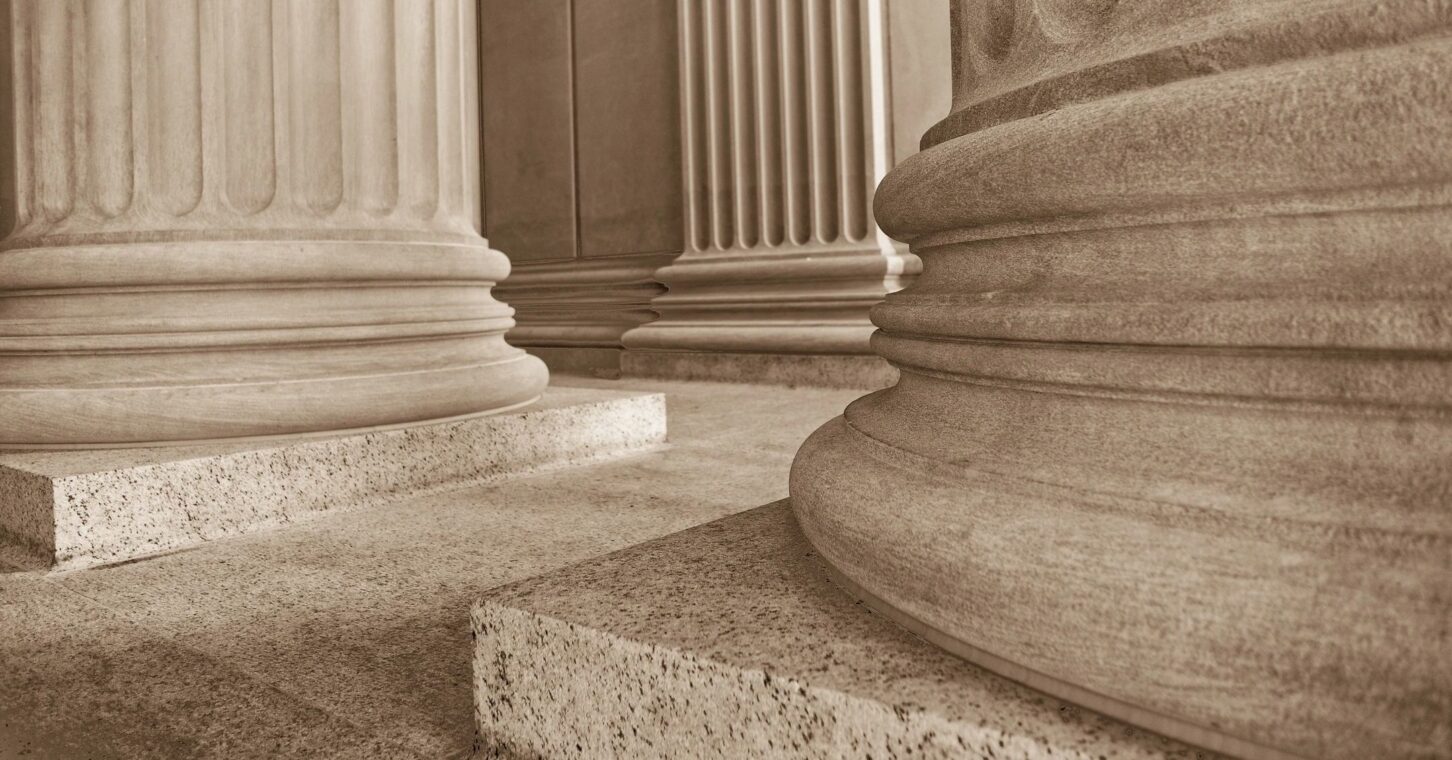
This week, the Georgia Bulldogs proved they were No. 1 in college football. But when it comes to ranking freedom in the states, Georgia still has a little room to improve.
The Cato Institute’s annual Freedom in the 50 States ranks both the personal and economic freedom of each state. This year, Georgia held steady at No. 8 for the third time in a row. The overall freedom ranking weighs both state and local regulations to create a comprehensive index. More than 230 policy variables are taken into account, including ones as wide ranging as education policy and taxes to vaping regulations and gun rights. You can see Georgia’s ranking and download the report here.
Georgia’s environment of economic freedom is a major contributor to the top-10 ranking.
Taxes are in the hot seat this legislative session, with a wide window of opportunity to improve on Georgia’s already competitive tax rates. Cato’s report states: “State and local taxes were 8.3 percent of adjusted personal income, well below the national average. At 4.6 percent of personal income, state tax collections are significantly below the national average, whereas local taxes—3.7 percent of income—are average.” The latest analysis from the Georgia Public Policy Foundation shows that lowering and flattening Georgia’s personal income tax rate further could create tens of thousands of jobs within five years. With neighboring states like Florida and Tennessee enjoying no state income tax, Georgia must focus on tax policy to remain regionally competitive.
Georgia’s educational freedom was another bright spot in the ranking. Over the last year, parents in Georgia have enrolled their children in charter schools at above-average rates. Last year, Georgia was also the first state to protect learning pods as an education option for parents.
But it wasn’t all good news. Georgia has some work to do to move up in Cato’s ranking.
Specifically mentioned is Georgia’s abysmal record on civil asset forfeiture, the process by which police have the power to seize property from citizens that often aren’t convicted of any crime. From Cato: “Civil asset forfeiture is unreformed, though equitable sharing has declined in recent years, as in most other states. The burden of proof remains on innocent owners, all proceeds go to law enforcement, and some actions require only probable cause to show that the property is subject to forfeiture.”
The report also calls out Georgia’s Certificate of Need regulations that artificially limit the number of available healthcare facilities and providers in the state. Georgia’s CON regulations are some of the nation’s most restrictive, and include home health, obstetrics services, imaging, rehabilitation facilities and open-heart surgery services. A study by the Mercatus Center at George Mason University estimates that Georgia would gain at least 25 rural hospitals if CON were repealed.Texas and California have eliminated their certificate of need, and our neighbors Florida and Tennessee in recent years have taken action to liberate healthcare providers from the regulation.
Much like the Bulldogs have work to do to maintain their title going into next season, the Georgia legislature has a roadmap this session to increase the state’s ranking when it comes to personal and economic freedom. We can hope it will be a fruitful season for both.